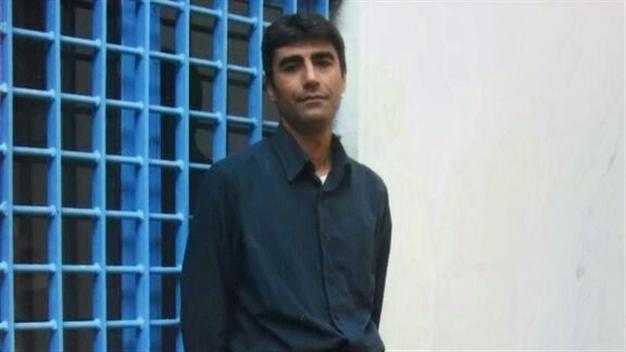Convicted as student, half of life spent in jail: İlhan Çomak seeks justice in delayed retrial
Hakkı Özdal ISTANBUL / Radikal

İlhan Çomak was sentenced to death in 2000 by the infamous State Security Court run by military judges before the ruling was commuted to life imprisonment on the grounds of good behavior.
İlhan Çomak was arrested in 1994 while studying at university for involvement in Kurdish student groups. Twenty years on, Çomak has now spent half of his life behind bars as a living reminder of the theater that masqueraded as Turkish justice in the dark days of the 1990s, particularly in regards to the Kurdish question.
His case is now being reviewed again after a retrial ordered by the European Human Rights Court (EHCR) started in December last year following a delay of close to eight years.
The court rejected once more lawyers’ demand on Sept. 5 for the release of the plaintiff pending the verdict, after their previous requests were also rejected on the grounds that Çomak could tamper with evidence in the event that he was freed.
One of 2,785 students currently in prison that have mostly been charged with political crimes, Çomak was sentenced to death in 2000 by the infamous State Security Court run by military judges for “actions aiming to separate lands of the nation from the state’s administration,” although he was acquitted on the main allegation that he started forest fires in the name of the outlawed Kurdistan Workers’ Party (PKK). Subsequent media coverage, however, presented him as a “forest terrorist” even though he was found innocent on the charge. The ruling was later commuted to life imprisonment on the grounds of good behavior.
Çomak was also subjected to torture, particularly during his interrogation at the police station in 1994. His lawyers applied to the EHCR in 2001 for breach of a fair trial, and the Strasbourg-based court eventually ruled in his favor in 2006.
Now 42, Çomak has only been able to see his parents for an hour a week during visits, in addition to a 10-minute weekly phone call. Not dreaming of complete freedom, Çomak was at least hoping to be released pending trial for the remainder of the latest court case. The Constitutional Court twice refused his lawyers’ applications earlier this year, despite having ordered the release of convicts in the Ergenekon and “Balyoz” (Sledgehammer) coup-plot cases.
